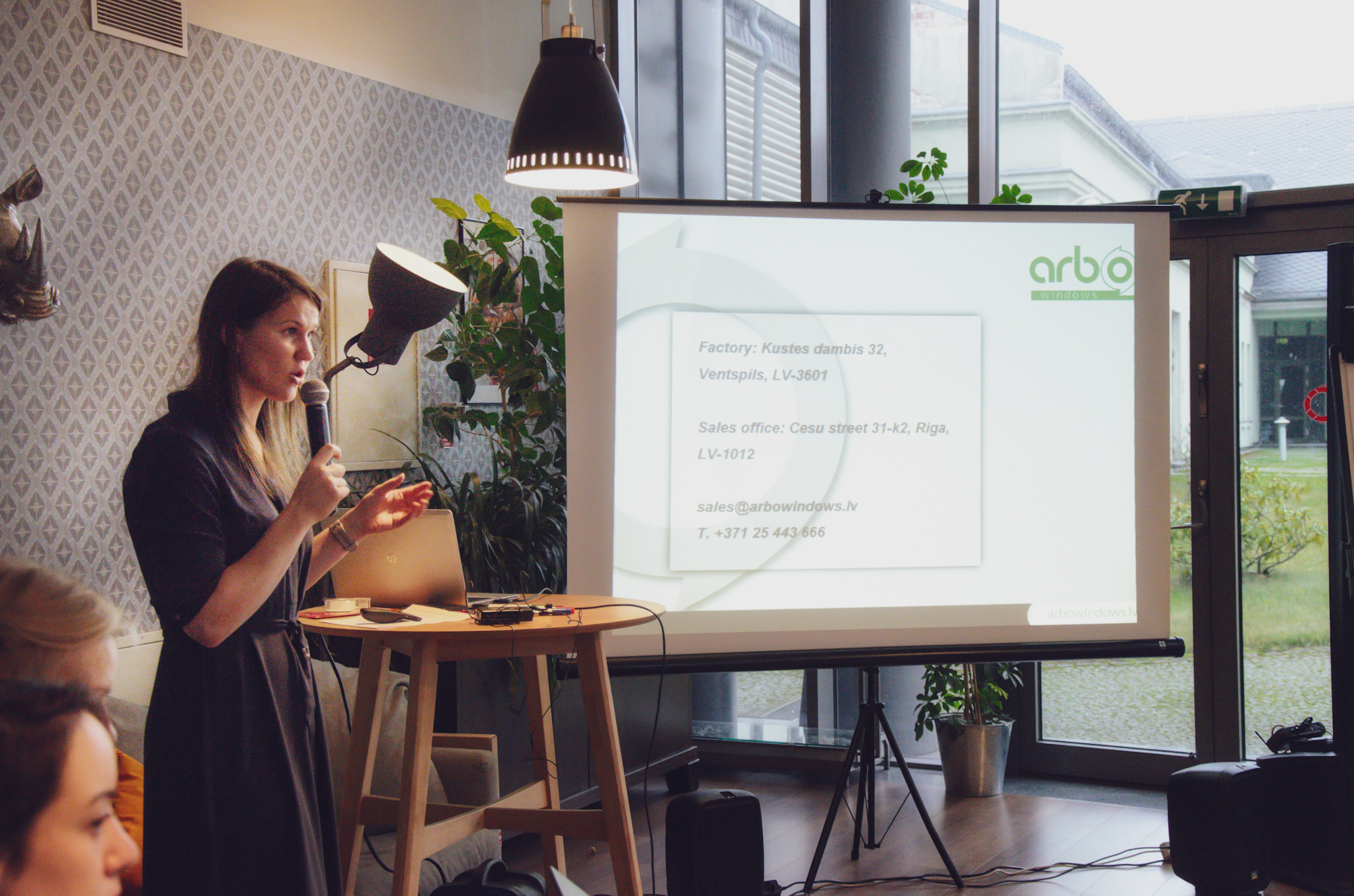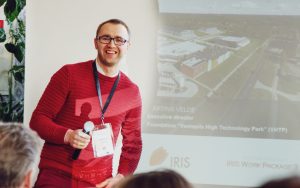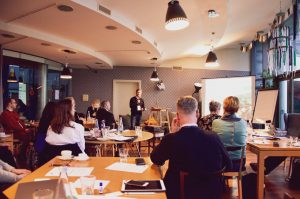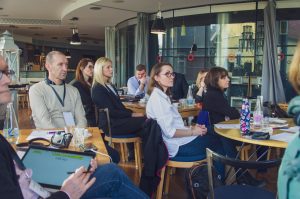Vilnius, Lithuania
Baltic Sea Incubators Pilot New Ways to Support Start-ups

Close to 300 startups and entrepreneurs have benefited from improved incubation services, thanks to a project aimed at improving incubation services in the Baltic Sea region, called IRIS.
For two years, 14 incubators from 10 countries across the region have been working together in an effort to improve their services for clients – SMEs and startups. They experimented with new techniques, assessed their internal processes and introduced changes to their approaches.
The results of the project impact review, carried out by the leading entrepreneurship lab in the Baltics Startup Division, are overwhelmingly positive: 100% of organizations have implemented recommendations from partners, and two-third of organizations started new collaborations.
A shift in mindset quoted as a key outcome
One of the major quoted benefits came from the peer review mechanism, a unique organization assessment & improvement approach introduced by the project. The incubators acted as advisors and gave feedback to each other in a safe and collaborative environment. This feedback helped incubators better position and specialize their services to clients, extend geographical reach, and introduce personnel changes. All organizations reported that they have implemented recommendations from partners.
“The project has helped us to change our mindsets. Thanks to experienced people who visited our Technopark, we could look at our activities from a different angle. During workshops we got acquainted with new approaches to the challenges that startups face, we learned about new sets of tools and modern practices that can be used while working with residents and startups. Our task is to adjust them to our own circumstances in the country taking into consideration specifics of governmental influence,” says Svetlana Alizarchik of the Science and Technology Park of Belarusian National Technical University.
From newly developed property to changes in staff management
In addition to peer reviews, the 14 incubators also participated in 5 thematic workshops that addressed key issues incubators need to address: How do you effectively coach founders? How do you encourage female entrepreneur engagement in activities? How do you help companies to enter new markets? Employees looked at instruments such as Sprint or Disk and learned to introduce them in their work. In addition, they analysed their internal processes to find ways to optimize their work and support to companies.
“The greatest value of the IRIS project was the opportunity to exchange practical knowledge and experience between institutions in a similar business area of operation. No courses or studies are able to provide such valuable knowledge that directly translates into the change and development of the organization,” elaborated Magdalena Wójtowicz, Vice-President of the Managing Board at the Gdańsk Entrepreneurship Foundation.
Some organizations have reassigned or changed functions of personnel, others have made decisions regarding the use and expansion of their incubation space, expanded their mentor pool, and established new strategic partnerships.
“We focused on the peer-review feedback regarding our building and office facilities. We have now a more startup-friendly environment with co-working facilities, workshops and offices for rent at flexible conditions. This has greatly improved the attractiveness of the science park,” says Jörgen Steen, a Business Coach at Dalarna Science Park, a Lead Partner in the project.
Bonus effect: More than two-thirds launch new partnerships
These new ways of working have not only materialized into tangible benefits for companies and entrepreneurs but have opened up new opportunities in the region.
According to the report results, 57% of the incubators started from 1 to 3 successful partnerships and more than 14% indicated that they have managed to find from 4 to 6 new partners, thanks to a project aimed at improving incubation services in the Baltic Sea region. Most of the project partners have already started collaborations and partnerships outside of IRIS.
“Ventspils High Technology Park became interested in the vacuum-plasma processing technology and electrolyte plasma treatment developed at our science and technology park; several samples were handed over to them for a demonstration to potential customers in Latvia,” noted Ms. Alizarchik of the Science and Technology Park.
IRIS project is funded by the European Regional Development Fund Interreg programme. The project was launched in October 2017 and is planned to end in March 2021. To learn more, please visit: http://www.startupdivision.eu/iris/




